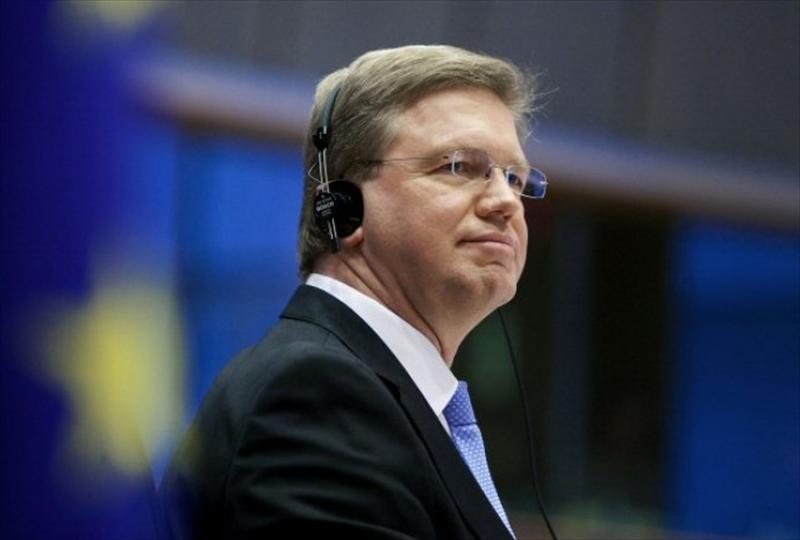European Parliament, Strasbourg
– Check against delivery –
Thank you President for giving me the floor. Let me first of all thank Doris Pack for an excellent report on Bosnia and Herzegovina as basis for the discussion with all of you today.
When speaking to this house about Bosnia and Herzegovina it is difficult to be overly positive: There is light but there is also shadow. As your resolution points out, in the past year as a whole, progress has been limited. I therefore want to join you in reminding all political actors in the country of the roadmap towards EU integration.
In the face of last year’s political stalemate the European Union has consistently maintained this roadmap and demonstrated its commitment in a variety of ways:
Firstly, the European Union has prolonged the mandate of the EUFOR/ALTHEA mission with a new focus on capacity building and training the armed forces of the country. This mission now confirms on a regular basis that there is no threat to the safe and secure environment.
Secondly, in light of improvements in law enforcement we have also been able to decide on terminating the European Union Police Mission in June this year. However, follow-up will be ensured by a technical assistance mission on the ground.
Thirdly, citizens continue to enjoy travelling to the Schengen area without visas, while implementation of the agreement is closely monitored. This demonstrates to the citizens that the European Union perspective is real and tangible.
Fourthly the European Union has enhanced its presence in Sarajevo by appointing Peter Sørensen in a double-hatted capacity as Head of Delegation, and as European Union Special Representative. The Delegation has strengthened outreach and diplomatic activities.
These efforts start to show results. The EU perspective has finally begun to dominate the political agenda. A series of joint initiatives have been launched in areas ranging from the Structured Dialogue on Justice to the fiscal and budgetary framework and on infrastructure development in transport and energy. The recent developments show that this determination has been rewarded:
After a year of stagnation, there is now a new positive momentum on the European Union agenda in Bosnia and Herzegovina: A state aid law and a law on the population census were adopted and a new state level government has taken up work in February. The new chair of the Council of Ministers, Mr Bevanda, whom I met last week, has put EU integration at the forefront of his government programme.
The first new indications are that Bosnia and Herzegovina wants to take great strides towards the EU. This in turn bodes well for the steps that we can undertake once the country fulfils all the necessary conditions.
Amongst many important points which you mention in your resolution, the necessary constitutional changes need to be undertaken in order to enable the entry into force of the Stabilisation and Association Agreement. The EU needs to see a “credible effort” with regard to the implementation of the Sejdić-Finci ruling to bring the constitution into compliance with the European Convention on Human Rights.
We are in close consultation with your neighbours across the river, the Council of Europe, on what this entails exactly. Decisive movement by Bosnia and Herzegovina here could unlock many new fruitful avenues for our cooperation.
Overall, 2012 will be a crucial year for the progress of Bosnia and Herzegovina on the path towards the European Union. The Commission wholeheartedly supports this endeavour and – as I understand – so does this House.


